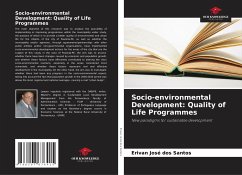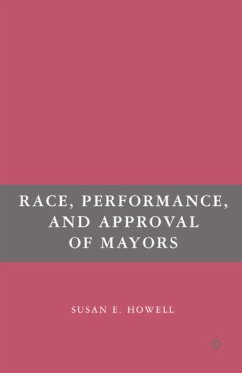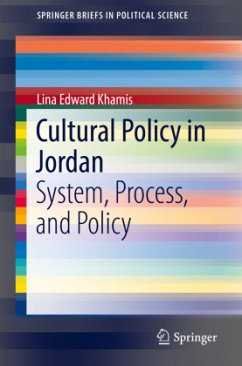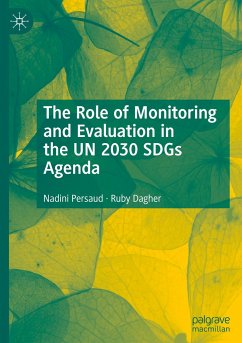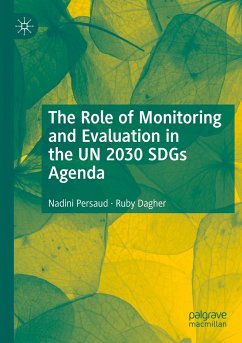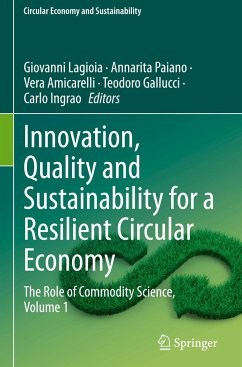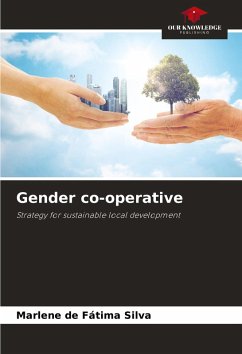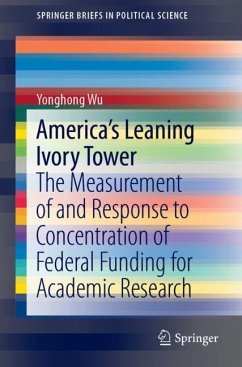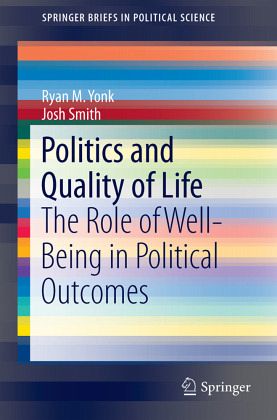
Politics and Quality of Life
The Role of Well-Being in Political Outcomes

PAYBACK Punkte
19 °P sammeln!
This book explores the relationship between quality of life, policy, and political behavior. Using carefully collected, granular data, the authors create a measurement of quality of life for each county in the United States. After applying the index to each county and calculating scores, the results are applied to key political and social questions, such as, variation in voter turnout, electoral choices, and the allocation of federal aid. By tying quality of life directly to social and political outcomes, the index thus makes possible the development of policies that actually improve the quali...
This book explores the relationship between quality of life, policy, and political behavior. Using carefully collected, granular data, the authors create a measurement of quality of life for each county in the United States. After applying the index to each county and calculating scores, the results are applied to key political and social questions, such as, variation in voter turnout, electoral choices, and the allocation of federal aid. By tying quality of life directly to social and political outcomes, the index thus makes possible the development of policies that actually improve the quality of life of those they effect.
This book is divided into three sections. Section One delves into the theory of quality of life research and the indicators used in the development of the index. Section Two explores the relationship between quality of life and various political phenomena such as trust in government, political participation, electoral politics, direct democracy, government spending, and local government. Section Three discusses suggestions for incorporating life quality in the political and policy process and identifying strategies for the direct application of these principals by policymakers. This book will be useful for students and scholars interested in political behavior, political sociology, policy, and quality of life studies, as well as policymakers interested in incorporating quality of life studies in their work.
This book is divided into three sections. Section One delves into the theory of quality of life research and the indicators used in the development of the index. Section Two explores the relationship between quality of life and various political phenomena such as trust in government, political participation, electoral politics, direct democracy, government spending, and local government. Section Three discusses suggestions for incorporating life quality in the political and policy process and identifying strategies for the direct application of these principals by policymakers. This book will be useful for students and scholars interested in political behavior, political sociology, policy, and quality of life studies, as well as policymakers interested in incorporating quality of life studies in their work.



